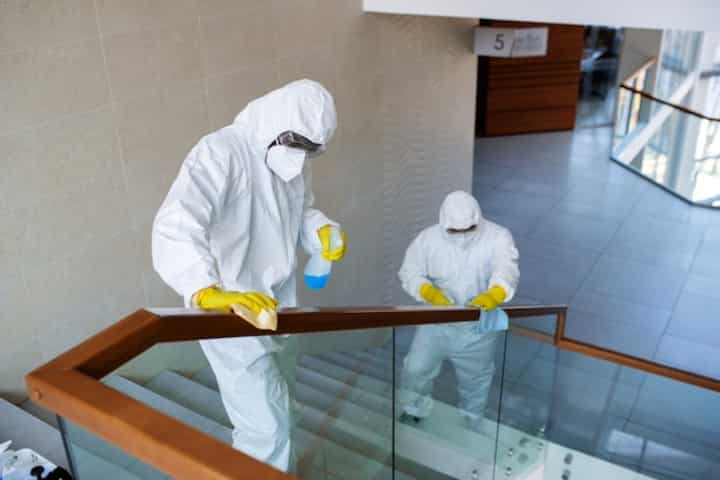
Expert Indoor Air Quality Assessments & Services
Indoor air quality is a crucial aspect of maintaining healthy living and working environments. The quality of air inside buildings can significantly impact the health and comfort of occupants. Poor indoor air quality can lead to a range of health issues, including respiratory problems, allergies, and other long-term health conditions. Therefore, conducting expert indoor air quality assessments and implementing appropriate services is essential for ensuring a safe and healthy indoor environment.
Understanding Indoor Air Quality
Indoor air quality refers to the condition of the air within and around buildings and structures, especially as it relates to the health and comfort of building occupants. A variety of factors can affect indoor air quality, including:
- Chemical pollutants such as volatile organic compounds (VOCs) and formaldehyde.
- Biological pollutants like mold, bacteria, and dust mites.
- Particulate matter from indoor combustion, tobacco smoke, and outdoor pollution.
- Poor ventilation and lack of fresh air circulation.
Importance of Indoor Air Quality Assessments
Conducting a comprehensive indoor air quality assessment is essential for identifying potential sources of pollution and understanding the current state of the indoor environment. These assessments typically involve:
- Air sampling to measure levels of various pollutants and allergens.
- Inspection of ventilation systems to ensure proper air flow and filtration.
- Identification of potential sources of indoor air pollution.
- Recommendations for improving air quality through remediation and prevention strategies.
Services for Improving Indoor Air Quality
A variety of services are available to address and improve indoor air quality, including:
- Ventilation Enhancement: Ensuring adequate ventilation and air exchange to reduce pollutant levels and increase fresh air intake.
- Air Filtration Systems: Installing high-efficiency filters to capture particulates and allergens.
- Mold Remediation: Identifying and removing mold growth to prevent health issues and structural damage. Explore further insights here.
- Source Control: Identifying and eliminating sources of indoor pollution, such as chemicals and tobacco smoke.
Learn more in this detailed guide.
Choosing the Right Professionals for Air Quality Services
When selecting professionals to conduct air quality assessments and implement services, it is important to consider:
- Qualifications and certifications in environmental science and indoor air quality management.
- Experience with a range of air quality issues and solutions.
- Ability to provide comprehensive testing and analysis services.
- Reputation and customer reviews. Check out customer reviews here.
Find additional information here.
Conclusion
Maintaining good indoor air quality is vital for the health and well-being of all building occupants. Through comprehensive assessments and targeted services, it is possible to significantly enhance air quality and reduce health risks. Engaging qualified professionals to perform these services ensures effective identification and mitigation of indoor air pollution sources, creating a healthier indoor environment for everyone.